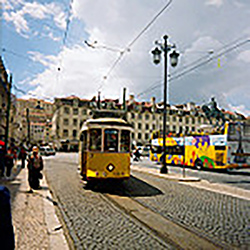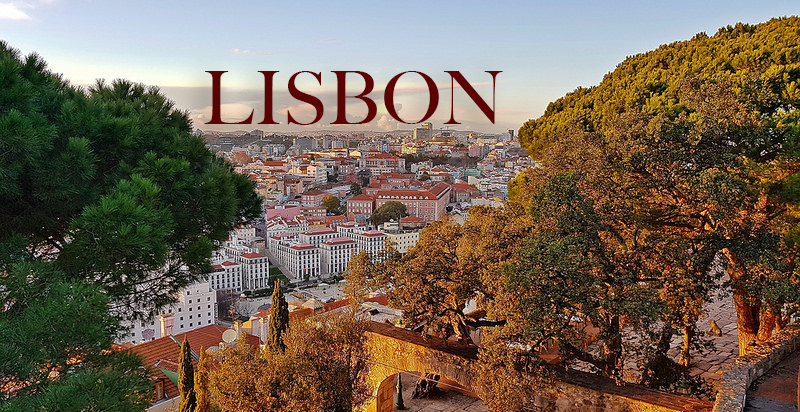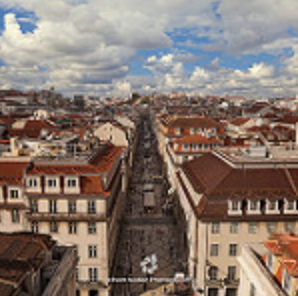Lisbon is is the capital and the largest city of Portugal. It is recognised as an
alpha-level global city by the Globalization and World Cities (GaWC) Study Group
because of its importance in finance, commerce, media, entertainment, arts,
international trade, education and tourism. Lisbon is the only Portuguese city
besides Porto to be recognised as a global city.
Lisbon is one of the oldest cities in the world, and one of the oldest in
Western Europe, predating other modern European capitals such as London, Paris,
and Rome by centuries. Julius Caesar made it a municipium called Felicitas Julia,
adding to the name Olissipo. Ruled by a series of Germanic tribes from the 5th century,
it was captured by the Moors in the 8th century. In 1147, the Crusaders under Afonso
Henriques reconquered the city and since then it has been a major political, economic
and cultural centre of Portugal. Unlike most capital cities, Lisbon's status as the
capital of Portugal has never been granted or confirmed officially – by statute or in
written form. Its position as the capital has formed through constitutional convention,
making its position as de facto capital a part of the Constitution of Portugal.
ATTRACTIONS

The city of Lisbon is rich in architecture; Romanesque, Gothic, Manueline,
Baroque, Modern and Postmodern constructions can be found all over Lisbon.
The city is also crossed by historical boulevards and monuments along the main
thoroughfares, particularly in the upper districts; notable among these are the
Avenida da Liberdade (Avenue of Liberty), Avenida Fontes Pereira de Melo,
Avenida Almirante Reis and Avenida da República (Avenue of the Republic).
There are several substantial museums in the city.
Some of them are the Museu Nacional de Arte Antiga (National Museum of
Ancient Art), the Berardo Collection Museum (Modern Art) the
Museu Nacional dos Coches (National Coach Museum, containing the largest collection
of royal coaches in the world), and the Lisbon City Museum.
Lisbon's Opera House, the Teatro Nacional de São Carlos, hosts a relatively active cultural agenda, mainly in autumn and winter.
D. Maria II National Theatre, located in the Rossio Square, is one of Portugal's most prestigious venues.
The monument to Christ the King (Cristo-Rei) stands on the southern bank of the Tagus River, in Almada.
With open arms, overlooking the whole city, it resembles the Corcovado monument in Rio de Janeiro, and was built after World War II,
as a memorial of thanksgiving for Portugal's being spared the horrors and destruction of the war.
TOP 3 RESTAURANTS IN THE CITY
- Augusto Lisboa (Rua Santa M.nha 26)
- Restaurante Floresta das Escadinhas (R. de Santa Justa 3)
- Frade dos Mares Restaurant (Av. Dom Carlos i 55A)




